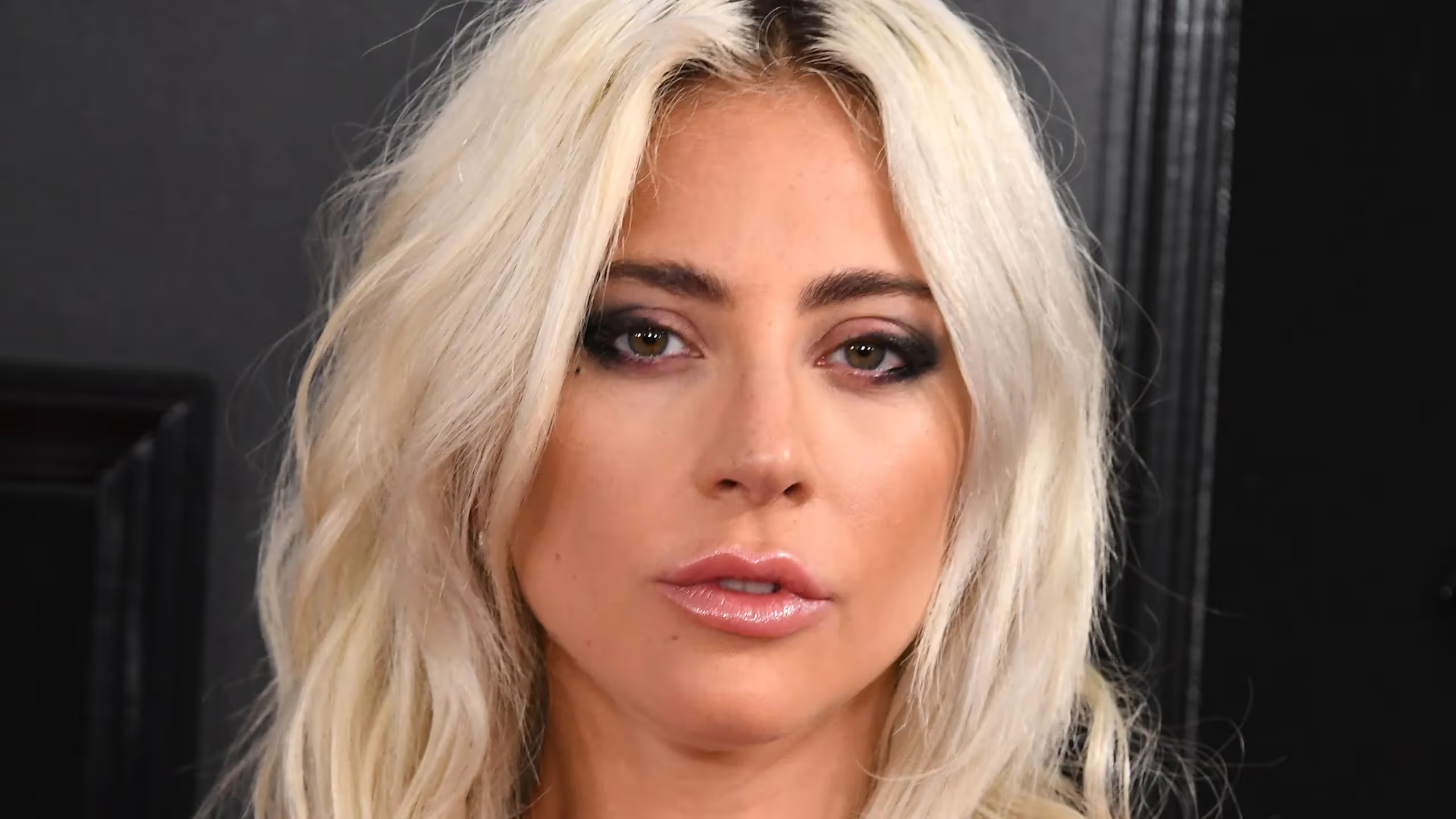8 Celebrities Who Have Struggled with Eating Disorders

Understanding Eating Disorders
To fully grasp the significance of eating disorder recovery stories, it is important to first understand what eating disorders are and the common types that individuals may experience.

What are Eating Disorders?
Eating disorders are complex mental health conditions characterized by abnormal eating habits, thoughts, and behaviors that can have severe physical and emotional consequences. They often involve an unhealthy preoccupation with weight, body image, and food. Eating disorders can affect anyone, regardless of age, gender, or background, and they require professional help for proper treatment.
Common Types of Eating Disorders
There are several common types of eating disorders, each with its own unique characteristics and symptoms. Here are three of the most well-known types:
- Anorexia Nervosa: Anorexia nervosa is characterized by an intense fear of gaining weight and an extreme restriction of food intake. Individuals with anorexia often have a distorted body image and strive to maintain a significantly low body weight.
- Bulimia Nervosa: Bulimia nervosa involves episodes of binge eating, followed by compensatory behaviors such as self-induced vomiting, excessive exercise, or the misuse of laxatives. People with bulimia may have a normal body weight or be slightly overweight.
- Binge Eating Disorder: Binge eating disorder is characterized by recurrent episodes of uncontrollable binge eating, during which individuals consume large amounts of food in a short period. Unlike bulimia, there are no compensatory behaviors afterward, leading to feelings of guilt, shame, and loss of control.
It's important to note that eating disorders are not limited to these three types, and there are other variations and subtypes that individuals may experience.
By understanding the nature of eating disorders and the different types that exist, we can begin to appreciate the journey of eating disorder recovery and the impact that inspiring stories can have on those who are struggling.
The Importance of Hope in Recovery
Recovering from an eating disorder can be an arduous journey, filled with challenges and setbacks. However, the presence of hope plays a vital role in sustaining and motivating individuals throughout their recovery process. One powerful source of hope comes from inspiring eating disorder recovery stories. These stories, especially those shared by celebrities who have experienced similar struggles, have the potential to inspire and uplift others who may be going through their own battles with eating disorders.
The Power of Inspiring Stories
Inspiring stories of eating disorder recovery have the power to transcend boundaries and break the silence surrounding these mental health challenges. They provide individuals with a sense of comfort, knowing that they are not alone in their struggles. These stories can help individuals feel understood, validated, and hopeful about their own recovery journey.
By sharing their personal experiences, individuals who have overcome eating disorders create a connection with their audience. They shed light on the hardships they faced, the obstacles they overcame, and the strategies they employed to reclaim their health and well-being. These stories serve as a reminder that recovery is possible and that there is hope for a better future.
How Recovery Stories Can Inspire Others
Recovery stories from celebrities who have openly shared their battles with eating disorders can have a profound impact on individuals seeking hope and inspiration. These stories reveal that eating disorders can affect anyone, regardless of fame or success. By sharing their vulnerabilities, celebrities help to combat the stigma surrounding eating disorders and encourage others to seek help and support.
It's important to note that each individual's recovery journey is unique and what works for one person may not work for another. However, hearing about the triumphs, the setbacks, and the resilience of those who have overcome eating disorders can provide a sense of hope and motivation for individuals who may be struggling.
Remember, seeking professional help and building a strong support system are essential components of the recovery process. If you or someone you know is struggling with an eating disorder, it is important to reach out for assistance. There are resources available that can provide the guidance and support needed to navigate the path to recovery.
By sharing and embracing these inspiring stories of recovery, we can foster a greater sense of hope and understanding, ultimately helping individuals on their journey to reclaim their lives from the grip of eating disorders.
Celebrities Who Have Struggled with Eating Disorders
Here are some examples of celebrities who have publicly shared their struggles with eating disorders and how they overcame them:
Demi Lovato

Demi Lovato, a singer and actress, has been open about her struggles with bulimia and anorexia since she was a teenager. She sought treatment in rehab and has since become an advocate for mental health awareness.
Lily Collins
Actress Lily Collins struggled with anorexia as a teenager but has since recovered. She wrote a memoir about her experience and has used her platform to raise awareness about eating disorders.
Zayn Malik

Former One Direction member Zayn Malik has spoken publicly about his struggles with disordered eating due to the pressure he felt in the music industry. He sought therapy to overcome his issues.
Troian Bellisario
"Pretty Little Liars" star Troian Bellisario opened up about her battle with anorexia and self-harm during her teenage years. She sought professional help and now uses her voice to advocate for mental health awareness.
Portia de Rossi
Actress Portia de Rossi struggled with anorexia throughout much of her acting career before seeking treatment in rehab in 2000. She now advocates for healthy body image standards in Hollywood.
Elton John
Music legend Elton John battled bulimia for many years before seeking help in the 1990s. He now speaks openly about his experiences to raise awareness about eating disorders in men.
Russell Brand
Comedian Russell Brand struggled with bulimia as a young adult, which led him to develop drug addiction issues as well. He eventually got sober and turned his life around through therapy, meditation, and yoga.
Lady Gaga

Pop icon Lady Gaga revealed that she had suffered from bulimia as a teenager while speaking at a Yale University conference on eating disorders. She sought therapy to overcome her struggles and now uses her platform to advocate for mental health awareness.
These celebrities' stories demonstrate that recovery from eating disorders is possible with the right treatment, support, and self-care practices. By sharing their experiences, they inspire others who may be struggling with similar challenges to seek help and take steps towards healing.
Finding Hope and Support
Recovering from an eating disorder can be a challenging journey, but finding hope and support is essential for long-term recovery. In this section, we will explore three important aspects of finding hope and support: seeking professional help, building a support system, and resources for eating disorder recovery.
Seeking Professional Help
When facing an eating disorder, it's crucial to seek professional help from qualified healthcare providers who specialize in eating disorders. These professionals may include therapists, dietitians, and medical doctors. They can provide the necessary guidance, support, and treatment options tailored to the individual's needs.
Therapists who specialize in eating disorder treatment can help individuals address the underlying emotional and psychological factors that contribute to their eating disorder. They may use therapeutic approaches such as cognitive-behavioral therapy (CBT), dialectical behavior therapy (DBT), or family-based therapy (FBT) to support individuals in their recovery journey.
Dietitians who specialize in eating disorder nutrition can help individuals establish a healthy relationship with food and develop a personalized meal plan that meets their nutritional needs. They play a crucial role in guiding individuals towards balanced eating, portion control, and intuitive eating.
Medical doctors who specialize in eating disorder medicine can monitor individuals' physical health, address any medical complications, and provide necessary medical interventions if required. They work closely with other healthcare professionals to ensure a holistic approach to recovery.
Building a Support System
Building a strong support system is vital for individuals on the path to eating disorder recovery. This support system can include family members, friends, and other individuals who understand and empathize with the challenges faced during recovery.
Support groups, both in-person and online, can provide a sense of community and a safe space for individuals to share their experiences, gain insights, and receive support from others who have faced similar struggles. These groups can be facilitated by professionals or peers who have successfully recovered from an eating disorder.
It's important to remember that support can come from various sources. Encouraging open and honest communication with loved ones can foster understanding and empathy. Additionally, seeking professional help and engaging in therapy sessions can provide individuals with a dedicated space to process their emotions and receive guidance from experts.
Resources for Eating Disorder Recovery
There are numerous resources available to individuals seeking support and information on eating disorder recovery. These resources include websites, books, podcasts, and helplines that offer valuable insights, personal stories, and practical advice. Some reputable organizations provide extensive information and resources related to eating disorder recovery.
For those looking for inspiration and relatable stories, articles and books featuring celebrities with eating disorders can provide valuable insights into their journeys of recovery. Reading about the experiences of others who have successfully overcome their eating disorders can instill hope and motivate individuals on their own recovery path.
Remember, each person's journey to recovery is unique, and finding the right resources and support is essential. By seeking professional help, building a strong support system, and utilizing available resources, individuals can find the hope and support they need to navigate their eating disorder recovery journey.
Conclusion
When it comes to eating disorder recovery, it's important to remember that progress is not always linear. There may be setbacks and challenges along the way, but seeking professional help and building a strong support system can provide individuals with the tools they need to navigate these obstacles.
By sharing personal stories of recovery, individuals can inspire and uplift others who may be going through similar struggles. Ultimately, by fostering a greater sense of hope and understanding, we can help individuals on their journey to reclaim their lives from the grip of eating disorders.
